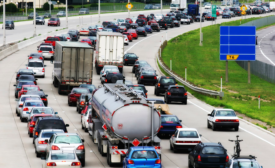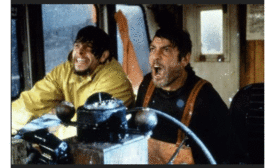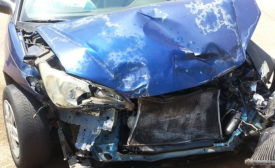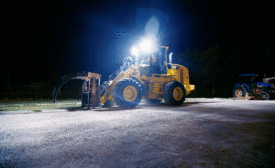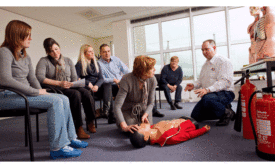Transportation Safety
To the life raft!
Captain ignores forecast, fishing vessel goes down in gale force winds
December 5, 2019
FCC proposal to split wireless spectrum raises safety alarms
NSC: This short-sighted decision puts convenience above safety
December 1, 2019
Creating a safer, more productive lit environment for in-service/field workers
Working with a lighting expert can help to optimize vehicle hazard, ground, scene, and surface lighting
November 22, 2019
Get our new eMagazine delivered to your inbox every month.
Stay in the know on the latest safety trends.
SUBSCRIBE TODAYCopyright ©2023. All Rights Reserved BNP Media.
Design, CMS, Hosting & Web Development :: ePublishing
